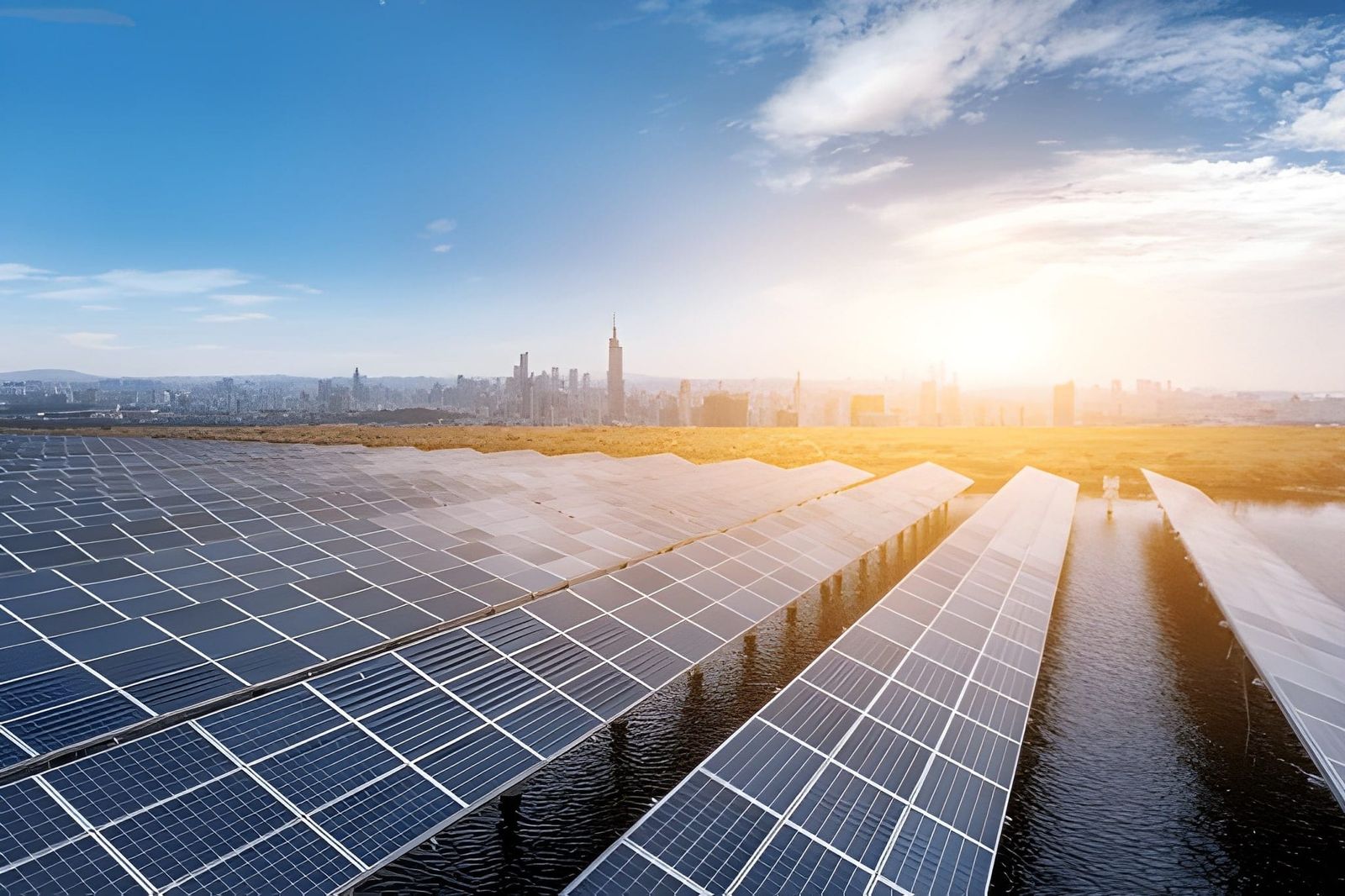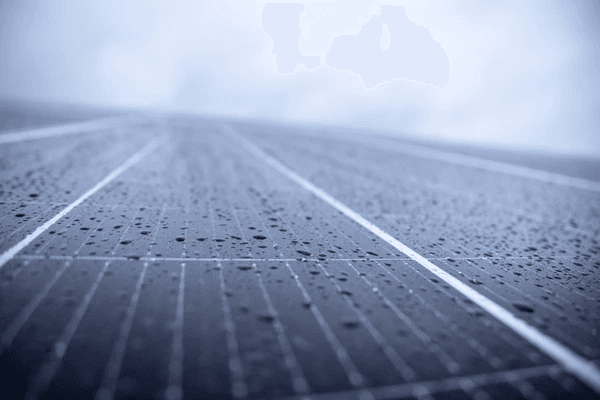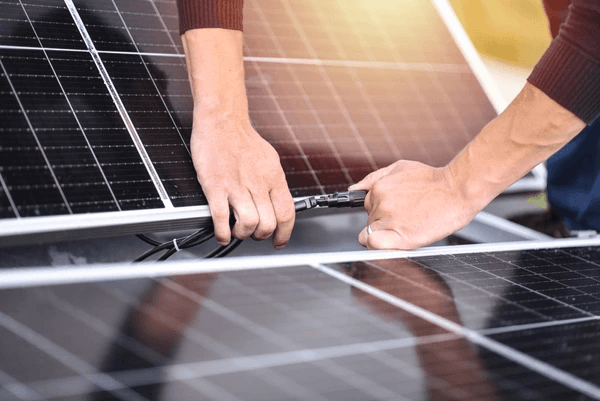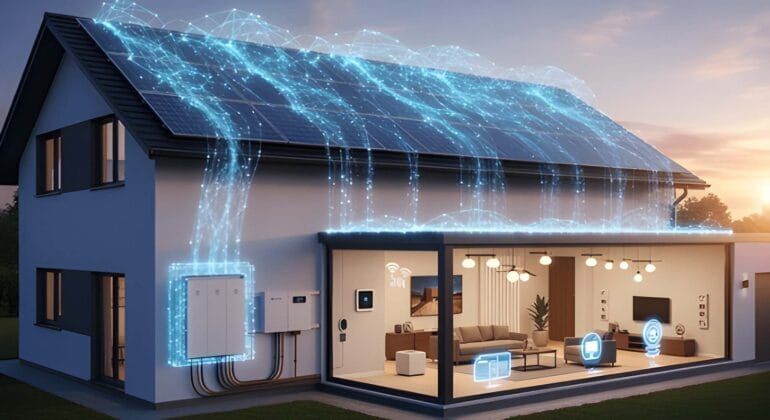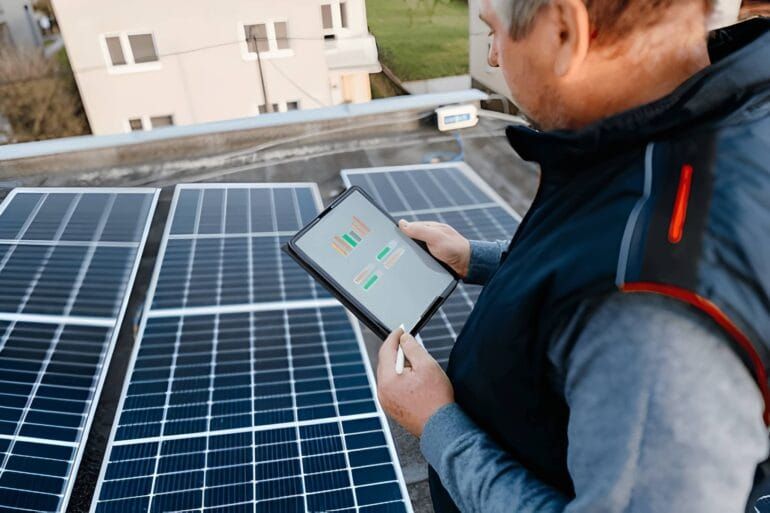Going solar is now an increasingly popular choice for Australian homes and businesses. Increased energy prices, sunshine galore, and the drive for sustainability make solar panels an astute long-term investment. But before signing up for this, one of the most frequently asked questions on everyone’s lips is: how long do solar panels last? Knowing solar panel lifespan Australia, what influences solar panel longevity, and how to prolong solar panel life will assist you in getting the most out of your investment.
Knowing Solar Panel Lifespan in Australia
The solar panel lifespan Australia is usually between 25 to 30 years, which is one of the longest-lasting home energy systems. This duration is much longer in relation to other domestic equipment, like boilers or hot water systems, which typically require replacement after 10–15 years. It is common for most manufacturers to offer a solar panel warranty Australia of about 25 years, providing confidence that the panels would still be running at an approximate 80% of their initial efficiency by the time they reach the end of that.
In most instances, solar panels still operate well past the warranty period, albeit with minimal loss of efficiency from natural wear and tear. This then renders them as a reliable option for long-term clean energy generation.
What Causes Solar Panel Degradation?
While panels tap into an endless pool of energy from the sun, they are susceptible to wear and tear. The solar panel degradation rate in Australia differs by quality, climate, and installation methods. At a rate of around 0.5% to 1% per year, panels degrade on average. By year 25, panels can still be operating at 75–85% of original capacity.
The most significant factors leading to solar panel degradation are:
1. Humidity and Moisture
Australia’s climate is quite varying, and humidity in wet areas can deplete the frame and promote corrosion. In lower-cost panels, humidity may also cause Potential Induced Degradation (PID), which diminishes efficiency.
2. Thermal Cycling
Day-to-night temperature fluctuations make materials expand and contract. With time, this puts pressure on the joints and connections and creates micro-cracks. Although extreme cold below -18°C is not common in most areas of Australia, thermal stress is still a factor in lowering panel life.
3. UV Damage
Australia boasts one of the highest UV indexes in the world. Exposure to direct, high ultraviolet radiation over time can degrade solar materials, particularly with low-grade epoxy or adhesives. This speeds up panel degradation unless well-engineered UV-resistant materials are utilized.
4. Environmental Factors
Dust, bird droppings, pollution, and debris on solar panels can impair performance. Eventually, localized hot spots occur, which further lead to premature degradation.
Factors Affecting Solar Panel Durability
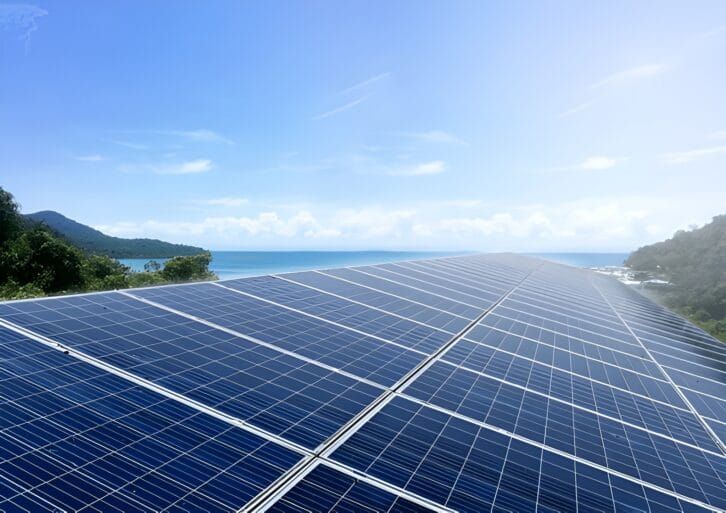
To better understand the factors affecting solar panel durability, it’s important to consider both the technical and environmental elements:
- Solar Panel Quality: High-quality panels are built with premium materials and undergo stringent quality testing. They are less likely to degrade quickly compared to cheaper alternatives.
- Installation Quality: Professional installation is essential. Panels installed poorly can experience micro-cracks, electrical failure, or worse, water damage. Careful angle placement, mounting, and sturdy electrical connections all determine panel lifespan.
- Climate and Environment: Extremes of weather—hail, high winds, blistering heat—reduce lifespan. Conversely, panels installed in temperate climates tend to last longer.
- Maintenance: Frequent cleaning and maintenance prevent performance degradation. Panels left uncared for are more likely to experience efficiency loss and long-term damage.
How Long Do Solar Panels Last with Regular Maintenance?
Properly installed and maintained, solar panels can last far longer than the standard 25–30 year lifespan. Indeed, according to some studies, solar panels have been shown to still generate energy at over 80% efficiency after 30 years of operation. But their long-term performance all depends on regular maintenance and quality installation.
Panels do not “fail” after their specified life expectancy—they just generate less power than when new. The question of whether to replace panels is therefore often reduced to whether they can still provide household or business energy needs.
Solar Panel Warranties in Australia
Solar panel warranties Australia typically consist of two components:
- Performance Warranty – Provides assurance that the panels will continue to generate about 80–85% of their rated capacity after 25 years.
- Product Warranty – Covers defects in manufacturing and workmanship, typically expiring between 10–15 years.
Carefully checking the fine print of these warranties is key since good warranties tend to point to higher product quality and give one peace of mind.
Tips to Extend Solar Panel Life
Although solar panels degrade naturally with age, there are ways you can increase solar panel lifespan:
- Select Quality Panels
Purchase high-quality Tier-1 panels, with a track record of resisting Australia’s harsh UV and weather conditions.
- Engage Professional Installers
Most solar system malfunctions originate from bad installation habits. Employing accredited installers guarantees panels are mounted securely, at the correct angle, and wired correctly.
- Clean Regularly
Keeping panels free of dust, leaves, and bird droppings helps maintain efficiency. Accumulated debris can block sunlight and create hot spots that accelerate wear.
- Periodic Inspections
Having professionals inspect your system every few years helps identify issues like loose connections, micro-cracks, or inverter faults before they worsen.
- Proper Maintenance
Ensure your panels are not shaded by new tree growth, and maintain a clean, obstruction-free rooftop to allow optimal sunlight absorption.
Comparing the Lifespan of Solar Panels with Other Systems
One of the longest lifespans of energy systems found in households and commercial property is on offer with solar panels. For instance:
- Solar Panels: 25–30 years lifespan
- Inverters: 10–15 years lifespan (can require replacement earlier)
- Solar Batteries: 8–15 years lifespan
- Hot Water Systems: 10–15 years lifespan
This durability for solar panels places it as one of the most affordable renewable energy investments in Australia.
The Role of Maintenance in Durability
In the case of solar panel lifespan Australia, good maintenance has one of the most fundamental roles in guaranteeing performance over the long term. Although solar panels are made to be robust enough to survive extreme weather conditions, their efficiency and lifespan are still heavily dependent on how well they are maintained over time. Regular maintenance affects the solar panel degradation rate Australia, such that it either decelerates or speeds up the natural energy output decline that panels undergo over the years.
A properly maintained solar panel system runs significantly closer to its maximum designed performance for a longer duration. This includes frequent cleaning, planned inspection, and prompt repairs. Dust, dirt, bird droppings, and debris can readily cling to the surface of solar panels. When these obstructions impede sunlight, not only do they cut down on energy generation but they can also lead to “hot spots,” which put pressure on the cells and speed up degradation. By making an investment in regular cleaning, homes and businesses can shield their system from such unwarranted wear.
In addition to cleaning, professional maintenance is necessary. Regular checks detect minor symptoms like micro-cracks, loose connections, corrosion, or inverter faults. If these minor faults are dealt with immediately, they avert bigger, costly failures. For instance, unattended corrosion or water penetration can profoundly downgrade a panel’s performance, cutting its viable lifespan considerably before the manufacturer’s guarantee has expired.
Neglect, however, does the reverse. Failure to clean panels, neglecting repairs, or neglecting professional check-ups speeds up the system’s deterioration. An uncared-for solar system can perform way below its level of intended capacity, resulting in increased electricity bills and a lower return on investment. In other instances, neglect can even invalidate solar panel warranties Australia, making owners financially vulnerable if replacements are needed.
The Australian climate makes maintenance even more crucial. With areas subjected to high UV exposure, coastal humidity, and regular dust storms, solar panels are confronted daily with environmental stressors. Maintenance lessens these stressors, making the system last longer and providing constant power output throughout the life of the system.
Finally, proactive maintenance is what separates a solar panel system that will perform for its projected 25–30 years from one that needs to be replaced early. For anyone seeking to lengthen solar panel lifespan, embracing a routine maintenance schedule—through professional service or a DIY cleaning routine—is the best means of safeguarding your investment and reaping decades of clean, cost-saving energy.
Conclusion: Start Your Solar Journey with Easy Solar
Now that you know all about the solar panel lifespan Australia, what influences solar panel longevity, and how to make solar panel longevity last longer, it is time to decide on the best provider. And that is where Easy Solar fits in.
Easy Solar is a reputable name in Western Australia, providing end-to-end solar solutions such as:
- Residential and commercial solar panel packages (3.5kW to 13.2kW and higher)
- Durable inverters and high-quality Tier-1 solar panels
- Energy storage systems such as solar batteries
- Optimized solar hot water systems
- Professional installation and maintenance services
With decades of combined industry expertise, Easy Solar ensures that each system is designed, installed, and maintained to provide long-term performance. With Easy Solar, not only do you invest in renewable, clean energy but a system that optimizes durability, efficiency, and returns on investment for decades to come.
Ready to switch? Easy Solar can guide you towards energy independence while guaranteeing your solar panels will last the duration in Australia’s distinctive climate.
